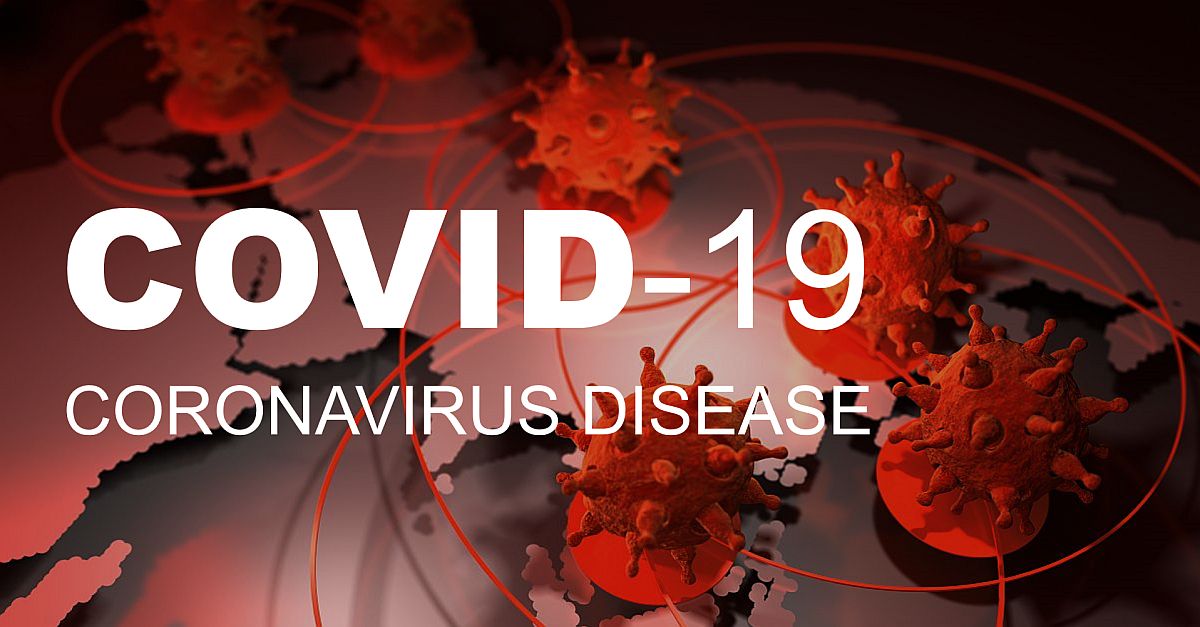The COVID-19 pandemic is affecting us all to some extent. However, many pathogens more easily infect those who have concurrent illnesses or are immunocompromised, such as patients with cancer. Prognosis is likely worse in these patients. As the number of COVID-19 cases in China began to plateau in mid-February, doctors started to evaluate outcomes among their patients with cancer in a recent study published in Lancet Oncology. Of 1590 patients in the dataset who were confirmed to have COVID-19, 18 also had or were recovering from cancer, which is more than 3 times as many as would be expected, based on the overall prevalence of cancer in China. Four had received chemotherapy or surgery within the month prior to COVID-19 diagnosis, and 12 were cancer survivors who were on routine follow-up; the remaining 2 had incomplete treatment information. In their analysis, the authors found that patients with a history of cancer had a higher risk of severe events (a composite endpoint: being admitted to the intensive care unit, requiring invasive ventilation, or death) compared with non-cancer patients (39% vs 8%; Fisher’s exact P = .0003). Additionally, patients who had received cancer treatments in the month prior to diagnosis had a higher risk of severe events than did cancer survivors (75% vs 43%; after adjusting for age, smoking status, and comorbidities, odds ratio was 5.34, 95% CI 1.80–16.18; P = .0026). Onset of the severe events also tended to be more rapid among patients receiving cancer therapy and cancer survivors vs non-cancer patients (median time to severe events 13 days vs 43 days; P <.0001; hazard ratio 3.56, 95% CI 1.65–7.69). Although this study was mainly descriptive and had limited statistical power, it provides some insights into COVID-19 in cancer patients and in cancer survivors.
High Altitude: The global COVID-19 pandemic poses many questions to oncologists in terms of managing concurrent risks of cancer progression and infection. These issues are important for developing clinical guidance for institutions and for clinical trial protocols. Updated recommendations are being released from national health authorities and professional oncology societies. Meanwhile, the results of this study highlight a need for more intensive protection of cancer patients from exposure to SARS-CoV-2. Proactive assessment of cancer therapy algorithms on an institutional level is warranted, not only to ensure treatment is in alignment with current guidance and emerging data, but also to determine if additional data on COVID-19 infection and risk of severe events can be captured to fill the current urgent unmet need for such insights.
Ground Level: The results of this article suggest that, along with a higher susceptibility to SARS-CoV-2, cancer patients have a poorer prognosis once infected. The results of this study highlight a need for more intensive protection of cancer patients from exposure to SARS-CoV-2 and heightened surveillance for severe effects. Current guidance from ASCO and the CDC can help oncologists pick the best risk-adapted strategies for balancing cancer progression and infection risks until more specific recommendations can be developed for each patient scenario. Minimizing outpatient visits and limiting imaging to essential required studies might mitigate cancer patients’ exposure to others and reduce possible infections and sickness.

